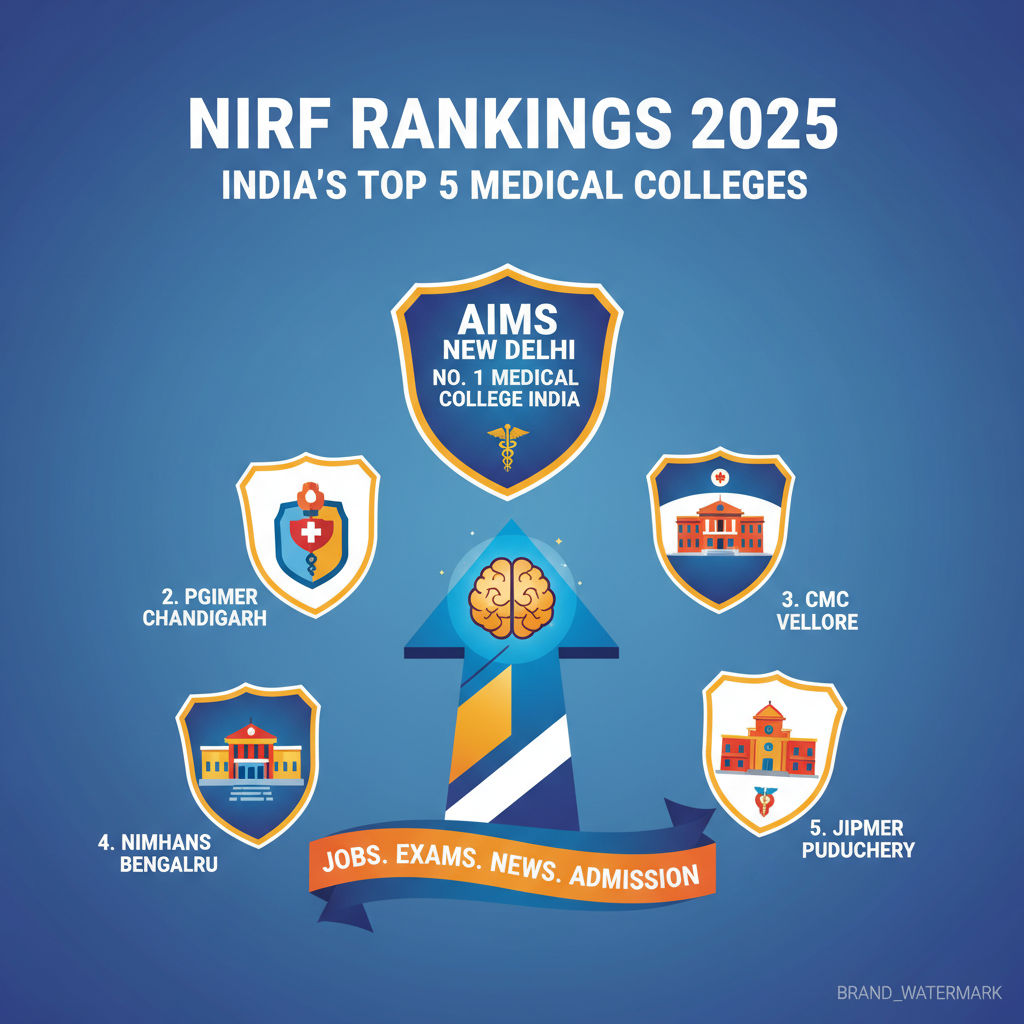Delhi University MA Urdu Syllabus Pending Executive Council Approval: Kabir’s Couplets Proposed for Inclusion
New Delhi, July 24, 2024 – Delhi University’s Urdu master’s degree program is set for a significant curriculum change. Starting from the 2024-25 academic session, first-year students will study the couplets of mystic poet and saint Kabir Das. This change aims to deepen students’ understanding of early literary traditions in Urdu.
Delhi University MA Urdu Syllabus
- Master’s degree students in the Urdu department at Delhi University.
- The inclusion of 40 couplets from ‘Kabir Bani’ in the curriculum.
- Delhi University, New Delhi.
- Effective from the 2024-25 academic session starting in August.
- To acquaint students with the early literary traditions of the Deccan and North India.
- Through the proposed amendments by the Faculty of Arts, pending approval by the university’s Executive Council.
Delhi University MA Syllabus Change
The Faculty of Arts at Delhi University proposed this curriculum change in a meeting on February 19, 2024. The amendments, which have already been approved by the Academic Council on July 12, are now awaiting final approval from the Executive Council on July 27.
Syllabus Amendments
The updated syllabus will feature two primary texts for the first-year MA Urdu students:
- Kabir Bani by Ali Sardar Jafri
- Kabir by Prabhakar Machwe
The course titled “Basic Texts: Early Urdu Literature” will now include “Kabir ke Muntakhab Dohe” as part of Unit-1, replacing the earlier text “Sab-Ras” by Mullah Waji (first part).
MA Urdu Literature Expansion
The Urdu department’s program brochure highlights that this shift aims to provide students with a comprehensive understanding and appreciation of classical poetry and prose within the context of early Urdu literary traditions. By engaging with Kabir’s couplets, students will explore the profound themes and linguistic nuances that characterize early Urdu literature.
Kabir Das, a 15th-century mystic poet, is renowned for his couplets that blend spiritual insights with social critique. His works transcend religious boundaries and are revered in Hinduism, Islam, and Sikhism.
Introducing Kabir’s couplets into the Urdu syllabus signifies an interdisciplinary approach, enriching students’ literary and cultural perspectives.
Syllabus Impact
The introduction of Kabir’s couplets is expected to enhance students’ critical thinking and analytical skills by exposing them to diverse literary forms and philosophical ideas. This curriculum change aligns with the broader educational goals of fostering a well-rounded and inclusive literary education.
Delhi University’s initiative to incorporate Kabir’s couplets into the MA Urdu syllabus marks a progressive step in enhancing literary education. By bridging classical traditions with contemporary learning, the university aims to provide a rich, diversified, and insightful educational experience for its students. The final approval by the Executive Council will pave the way for this significant academic enhancement, fostering a deeper appreciation of early Urdu literature.
For more information on the syllabus changes and the academic programs at Delhi University, visit the official website.
More News:
- Arunachal Pradesh Budget 2024: Boost for Education and Infrastructure with Free Education and High Scholarships
- JSSC JPSTAACCE July 25 Exam Postponed to July 28 Due to Naxal Shutdown, Revised Admit Cards @jssc.nic.in
- Twelve KIIT-DU Students Qualify for Paris Olympics 2024, Each Awarded Rs 7 Lakh by Founder Samanta
- Delhi University Launches Dual Degree Program for 2024-25: Honours and BA Simultaneously
- Delhi University Forms Team of 4 to Investigate July 15 Damage at Students’ Union Office, Report Due in 7 Days













